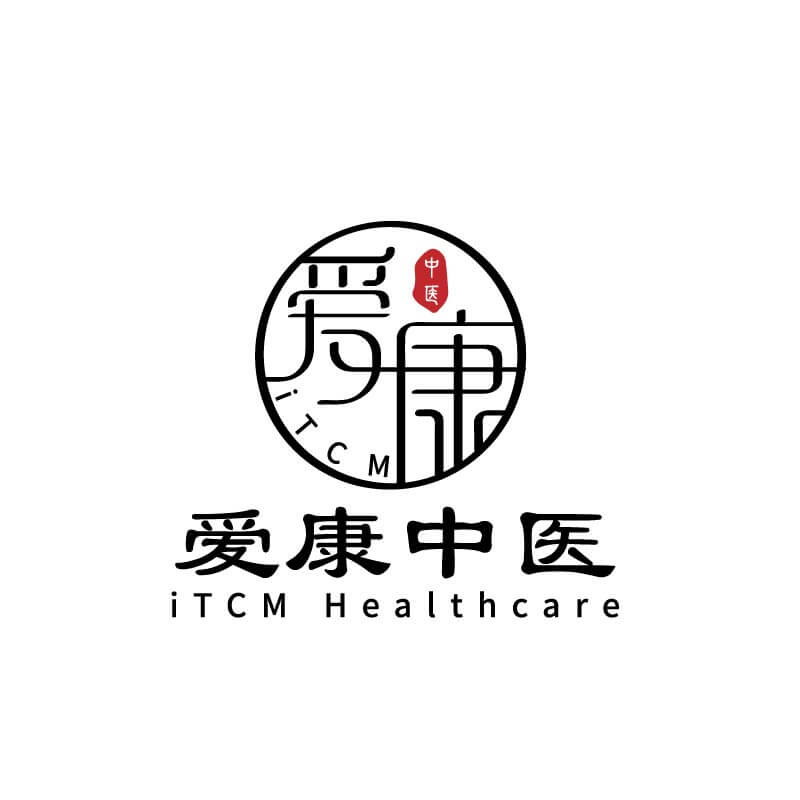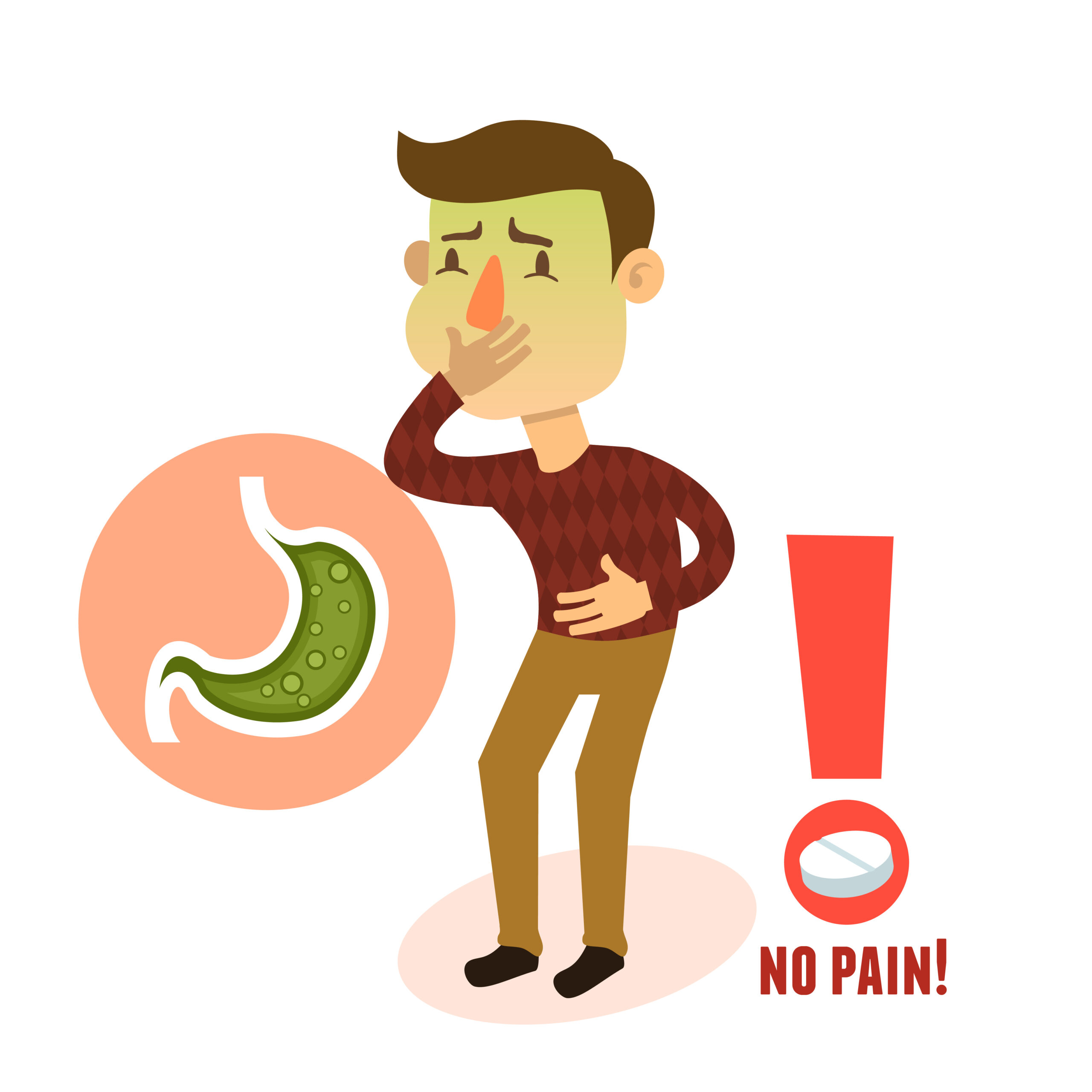A gassy stomach, marked by bloating, belching, and abdominal discomfort, is a frequent complaint that signals an imbalance in the digestive system. In Traditional Chinese Medicine (TCM), this condition is often linked to Spleen Qi Deficiency, which impairs the body’s ability to transform food and fluids efficiently. This results in dampness accumulation, sluggish digestion, and excessive gas production.
The Role of Spleen Qi in Digestion
The Spleen plays a crucial role in breaking down food, absorbing nutrients, and distributing energy (Qi) throughout the body. When Spleen Qi is weak, digestion becomes inefficient, leading to stagnation and gas buildup. Several factors contribute to Spleen Qi Deficiency:
- Dietary habits – Overconsumption of cold, raw, or greasy foods burdens the Spleen.
- Emotional stress – Excessive worry weakens Spleen function.
- Irregular eating patterns – Skipping meals or eating too late disrupts digestion.
- Chronic digestive disorders – Weak digestion over time leads to further Qi deficiency.
In regions like Penang, where the diet is rich in coconut milk, deep-fried foods, and sugary treats, dampness accumulation is more common. This dampness further weakens the Spleen, worsening bloating and indigestion.
How TCM Restores Digestive Harmony
1. Acupuncture for Digestive Regulation
Acupuncture helps regulate digestive function, disperse stagnation, and strengthen the Spleen. Key acupuncture points include:
- ST36 (Zusanli) – Enhances digestion and boosts Qi.
- SP6 (Sanyinjiao) – Regulates the Spleen and promotes fluid metabolism.
- CV12 (Zhongwan) – Supports stomach function and relieves bloating.
2. Herbal Remedies for Strengthening the Spleen
TCM herbs are commonly prescribed to tonify Spleen Qi and resolve dampness. Some effective choices include:
- Ren Shen (Ginseng) – Strengthens digestion and restores energy.
- Bai Zhu (Atractylodes) – Enhances Spleen function and reduces bloating.
- Chen Pi (Aged Tangerine Peel) – Regulates Qi flow and alleviates gas.
- Fu Ling (Poria) – Expels dampness and improves digestion.
3. Dietary Adjustments for Better Digestion
Proper dietary choices are key to supporting the Spleen and preventing excessive gas formation. TCM recommends:
- Warm, cooked foods like soups, porridges, and steamed vegetables.
- Ginger and warming spices to aid digestion and prevent stagnation.
- Avoiding dampness-inducing foods such as excessive dairy, coconut milk, and fried foods.
- Moderate meal portions to reduce digestive burden.
4. Lifestyle Modifications for Digestive Health
- Eating meals at regular times to maintain digestive rhythm.
- Reducing stress through Qi Gong, Tai Chi, or meditation.
- Keeping the abdomen warm to aid digestion and prevent dampness accumulation.
- Engaging in light exercise to promote circulation and Qi flow.
Conclusion
A gassy stomach often indicates an underlying Spleen Qi Deficiency, which can be exacerbated by diet, lifestyle, and emotional stress. TCM provides a holistic approach to restoring digestive balance through acupuncture, herbal medicine, dietary adjustments, and lifestyle changes. By strengthening Spleen Qi and resolving dampness, individuals can achieve long-term relief from bloating and discomfort. If symptoms persist, consulting a TCM practitioner can help develop a tailored treatment plan for optimal digestive health.

